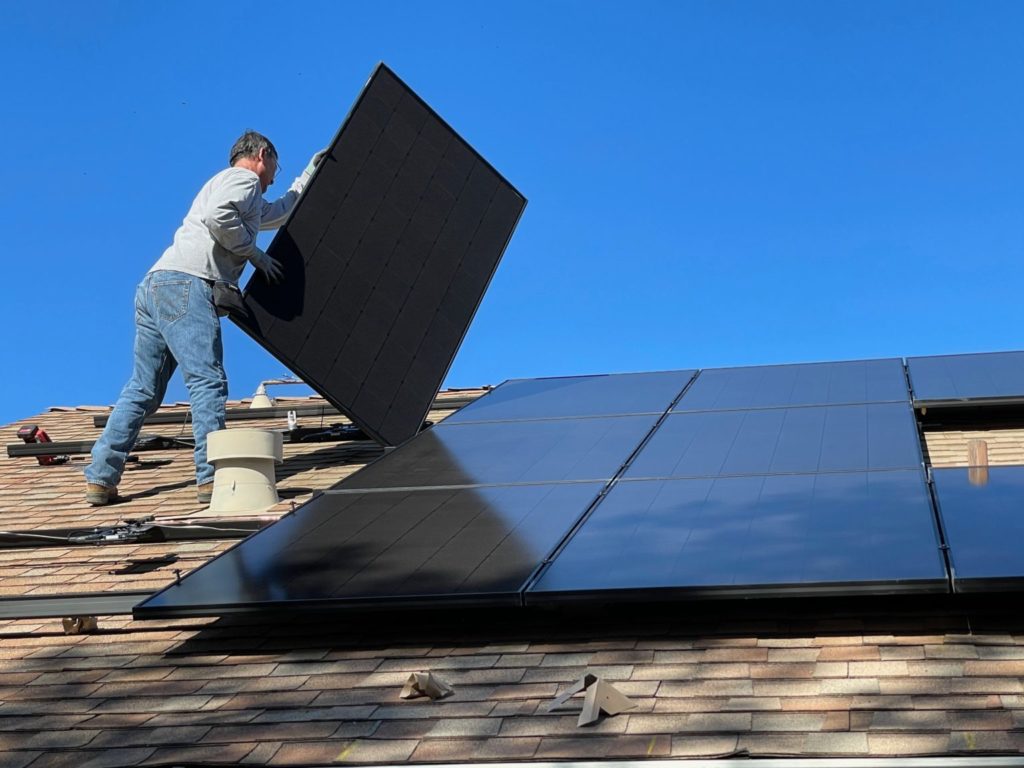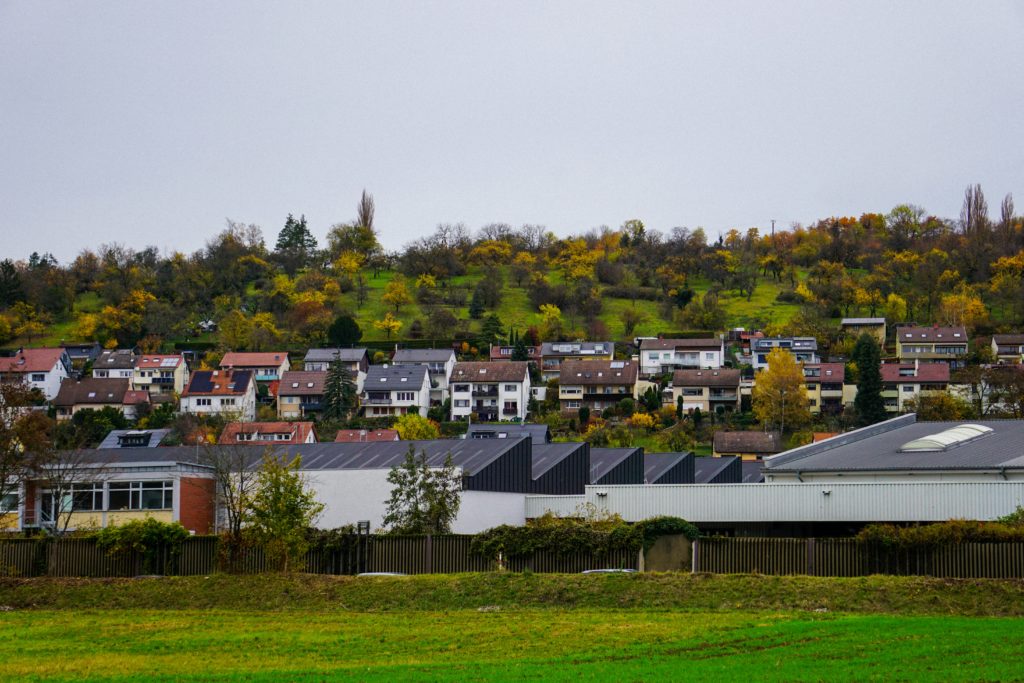The construction industry has breathed a sigh of relief that political pressure to make the installation of solar panels on all new-build homes has been rejected.
Net-zero and energy security secretary Grant Shapps rejected calls by Conservative MP and environmental audit committee chair Philip Dunne for photovoltaic cells to be fitted as standard.
Mr Shapps said it was up to developers to find the “most appropriate and cost-effective solutions” for making new homes energy efficient.
The National Federation of Builders, NFB, said enforcing solar panels as mandatory didn’t make sense unless solar energy was embedded in the infrastructure system.
Building well-insulated homes is key
NFB housing and planning head Rico Wojtulewicz said: “Building well so that your homes use less energy is a better approach than investing in solar panels. Batteries will cost a lot and for smaller developers, there may be delays of up to a year on supply and then you need to get it connected to the grid.”
He added that the national grid was not ready yet to handle widespread solar panel usage and that concentrating on building well-insulated homes requiring less energy use was more important.
There are fears that the current arrangements to expand capacity are insufficient for the UK to reach its full potential. Environmental audit committee members have been told that in some cases it was taking solar developers ten to 15 years to secure a grid connection.
Brokers Hank Zarihs Associates said that development finance lenders supported Mr Shapps’ decision as the extra solar panel expense could have pushed smaller housebuilders out of business.
But Green Alliance policy head Helena Bennett told the i newspaper that it was disappointed by the decision.
“Solar power remains one of the cheapest ways to bring down soaring energy bills, meet our net-zero targets and end reliance on fossil fuel imports.
“It’s cheap to install, and cheap to maintain. We should be making it as easy as possible for households to take advantage of this pivotal technology,” she said.












